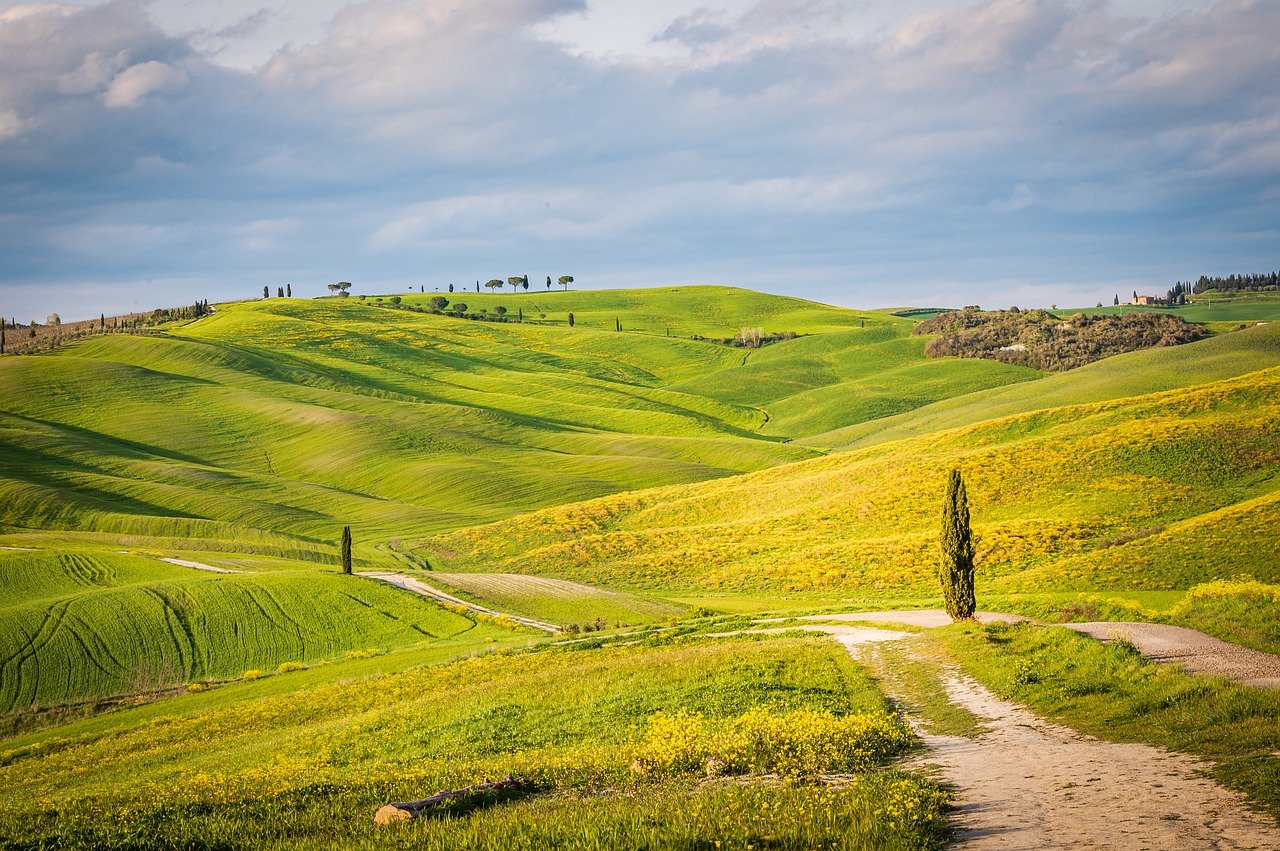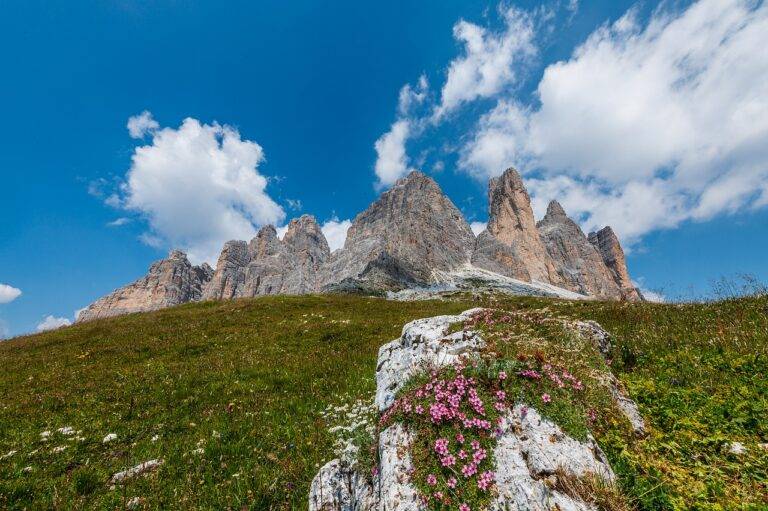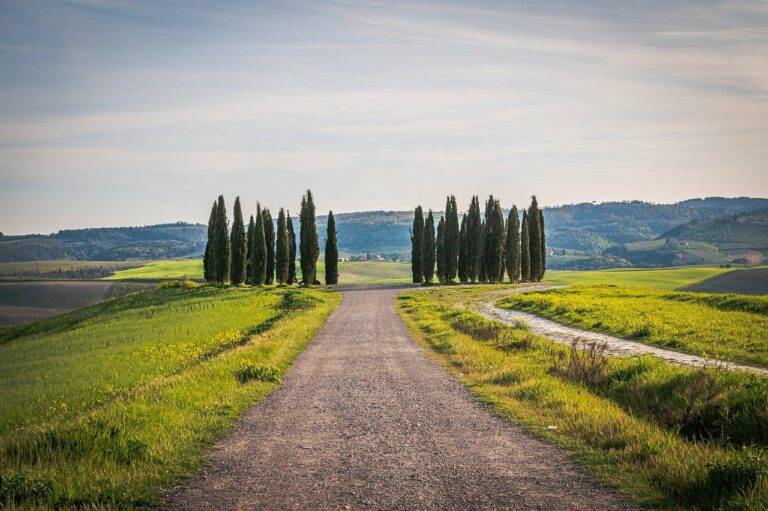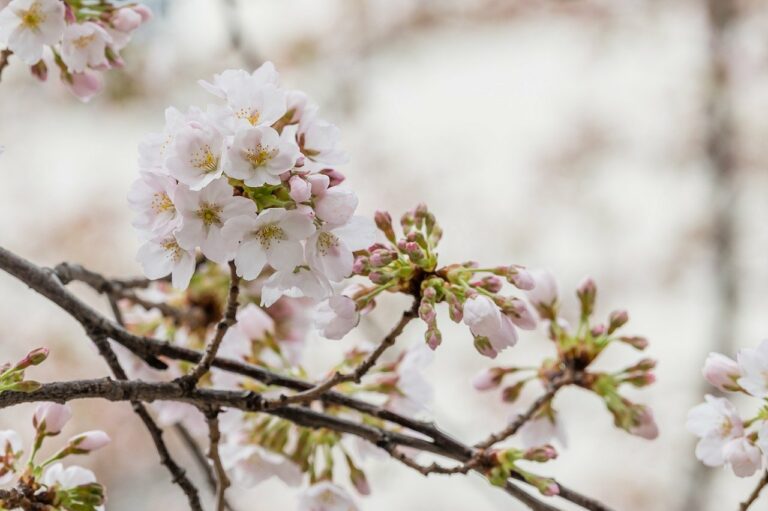Religious Festivals and Pilgrimages: Embracing Spiritual Celebrations
Diwali, known as the festival of lights, is one of the most significant Hindu celebrations. It symbolizes the victory of light over darkness and good over evil. During Diwali, homes are adorned with lamps, and fireworks illuminate the night sky as families come together to feast and exchange gifts. It is a time of renewal and the start of a new year in some regions of India.
Eid al-Fitr marks the end of the holy month of Ramadan in the Islamic calendar. This joyous occasion is a time for Muslims to come together in prayer and thanksgiving for the strength gained through fasting. Families gather for lavish meals and exchange gifts as a gesture of love and community. Eid al-Fitr is also a time for charitable giving to those in need, reinforcing the importance of compassion and generosity in Islam.
Significance of Pilgrimages in Different Faiths
Pilgrimages hold immense significance in various faiths around the world. For many believers, embarking on a pilgrimage is a sacred journey that allows them to deepen their spiritual connection and devotion to their faith. It is a way to demonstrate one’s faith and dedication to the teachings of their religion.
In Christianity, pilgrimages are often undertaken to visit holy sites associated with the life of Jesus Christ or to pay homage to saints and martyrs. The act of pilgrimage is viewed as a form of spiritual exercise that allows believers to seek forgiveness, blessings, or healing. It is believed that through the physical journey to these holy places, individuals can experience personal transformation and draw closer to God.
Historical Origins of Religious Festivals
Religious festivals have been revered events in various faith traditions since ancient times. The historical origins of these festivals date back to centuries ago when communities gathered to honor their deities and seek blessings for their well-being. The rituals and ceremonies associated with these festivals were often based on ancient myths, stories, and beliefs that shaped the foundation of religious practices.
Across different cultures and regions, religious festivals have served as a way to celebrate key moments in the respective faith’s history. These festivals were not only occasions of spiritual significance but also opportunities for people to come together in unity and solidarity. As the traditions evolved over time, the celebrations became more elaborate and served as a way to pass down stories and teachings from one generation to the next.
• Religious festivals have been revered events in various faith traditions since ancient times
• The historical origins of these festivals date back to centuries ago when communities gathered to honor their deities
• The rituals and ceremonies associated with these festivals were often based on ancient myths, stories, and beliefs
• Across different cultures and regions, religious festivals have served as a way to celebrate key moments in the respective faith’s history
• These festivals were occasions of spiritual significance and opportunities for people to come together in unity
• As traditions evolved over time, celebrations became more elaborate passing down stories and teachings from one generation to the next.
What are some major religious festivals celebrated around the world?
Some major religious festivals celebrated around the world include Christmas, Eid al-Fitr, Diwali, Yom Kippur, and Vesak.
Why are pilgrimages significant in different faiths?
Pilgrimages are significant in different faiths as they provide individuals with the opportunity to connect with their spiritual beliefs, deepen their faith, and seek blessings or forgiveness.
Can you provide examples of historical origins of religious festivals?
Yes, for example, Christmas as a Christian festival has its historical origins in the birth of Jesus Christ, Diwali in Hinduism celebrates the victory of light over darkness, and Vesak in Buddhism commemorates the birth, enlightenment, and death of Buddha.






